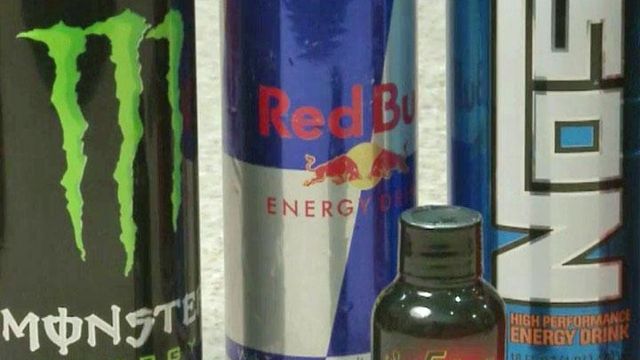Energy drinks deliver on promise, but at what cost?
The television commercials for energy drinks are almost unending, with companies promoting more pep, brain power and performance. But what about the health risk?
Posted — UpdatedBut what about the health risk?
As the popularity of sugary energy drinks has skyrocketed, so too have trips to emergency rooms for those people who consume too many.
WRAL Health Team's Dr. Allen Mask sat down with registered dietitian Tara Wind and Dr. Graham Snyder to talk about the risks energy drinks present and what can be done to get energy naturally.
Yes, according to Snyder, who said he has seen an uptick in the number of patients in his emergency room in recent years.
One of the more common problems Snyder deals with is people who come in with quickened heart rates, in some cases more than double the average of between 60 and 100 beats per minute.
Another danger is mixing energy drinks with alcohol, a trend that has increased with the popularity of the drink.
Mask: Alcohol is a depressant, whereas the energy drinks are a stimulant. Alcohol may make you less aware of the effects of the super dose of caffeine, less aware that it's making you sick.
Because most are sold as supplements, the Food and Drug Administration doesn't regulate them the same as it does soft drinks. For example, 5-Hour Energy contains the same caffeine content as five Coca-Colas in just 5 fluid ounces, but the bottle offers no warning. Even the drinks that do include labels don't always do the trick.
While it may take a bit more effort and planning, there are several ways to get the right amount of energy without having to consume energy drinks or several caffeinated drinks.
• Credits
Copyright 2024 by Capitol Broadcasting Company. All rights reserved. This material may not be published, broadcast, rewritten or redistributed.






